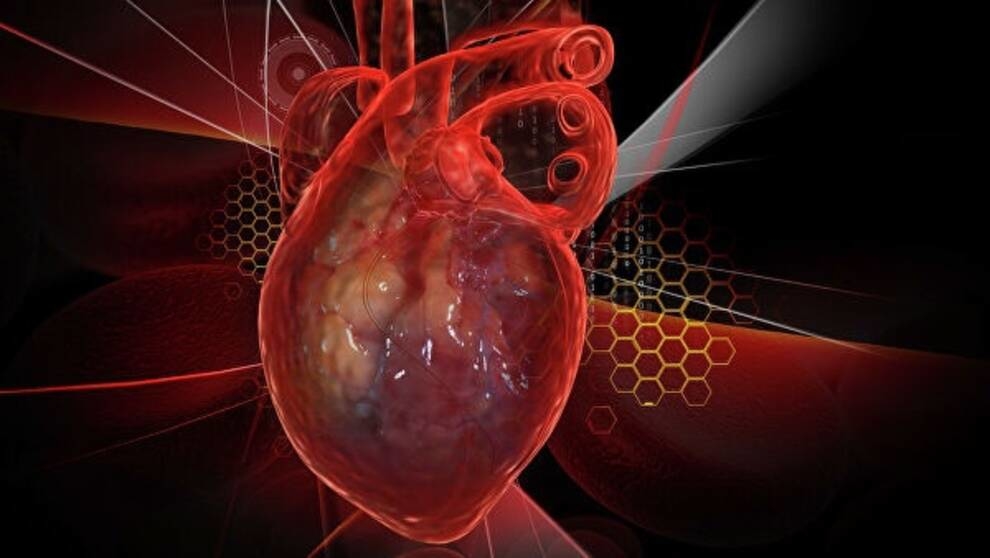
Australian scientists have grown a miniature heart
Miniature similarities of organs grown from stem cells are created for the most effective studying the work of real organs. But it is not always possible to grow an artificial analogue of a large living organ. Until recently, scientists were able to recreate only the kidneys, stomach, brain, skin and blood vessels. Attempts to grow a heart ended in failure. The researchers received only shrinking clumps of cells without the correct internal structure.
The problem was solved by a team of scientists from the Institute of Molecular Biotechnology (Australia). Biologists have grown an organoid of the heart, which in development corresponds to an embryo 25 days old.
The laboratory heart has one chamber and heart walls made of a variety of cells. The size of the heart chamber reaches 2 mm. The heart beats at a rate of 60-100 beats per minute, just like a real human embryo. The walls of the organ are formed by layers: muscle cells of the contractile type, connective fibroblasts and epithelial cells.
The heart was grown from stem cells.
For intensive growth, they were treated with concentrated signaling proteins. Thanks to this, scientists managed to achieve an effect in which cells were transformed into the required spatial formula in the correct time sequence.
The grown heart functioned for 3 months. During this period, geneticists managed to make several significant discoveries. In addition, the researchers studied the features of embryonic development and analyzed how the organ reacts to various injuries and injuries. So it was possible to find out that the heart can restore its functions in newborns and mammalian embryos. But he very quickly loses this skill.
Perhaps the discovery will help scientists find a way to restore the heart muscle in adults. And this, undoubtedly, will become one of the most important discoveries of the era.
Earlier, OXO said: Gender, age, size: scientists have found out the causes of dog aggression
The problem was solved by a team of scientists from the Institute of Molecular Biotechnology (Australia). Biologists have grown an organoid of the heart, which in development corresponds to an embryo 25 days old.
The laboratory heart has one chamber and heart walls made of a variety of cells. The size of the heart chamber reaches 2 mm. The heart beats at a rate of 60-100 beats per minute, just like a real human embryo. The walls of the organ are formed by layers: muscle cells of the contractile type, connective fibroblasts and epithelial cells.
The heart was grown from stem cells.
For intensive growth, they were treated with concentrated signaling proteins. Thanks to this, scientists managed to achieve an effect in which cells were transformed into the required spatial formula in the correct time sequence.
The grown heart functioned for 3 months. During this period, geneticists managed to make several significant discoveries. In addition, the researchers studied the features of embryonic development and analyzed how the organ reacts to various injuries and injuries. So it was possible to find out that the heart can restore its functions in newborns and mammalian embryos. But he very quickly loses this skill.
Perhaps the discovery will help scientists find a way to restore the heart muscle in adults. And this, undoubtedly, will become one of the most important discoveries of the era.
Earlier, OXO said: Gender, age, size: scientists have found out the causes of dog aggression


